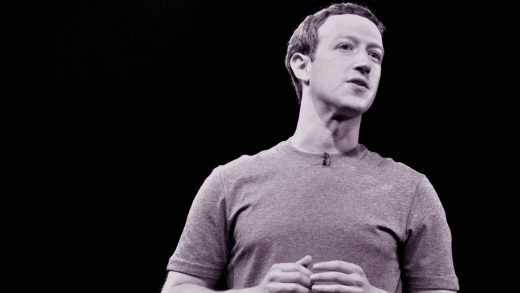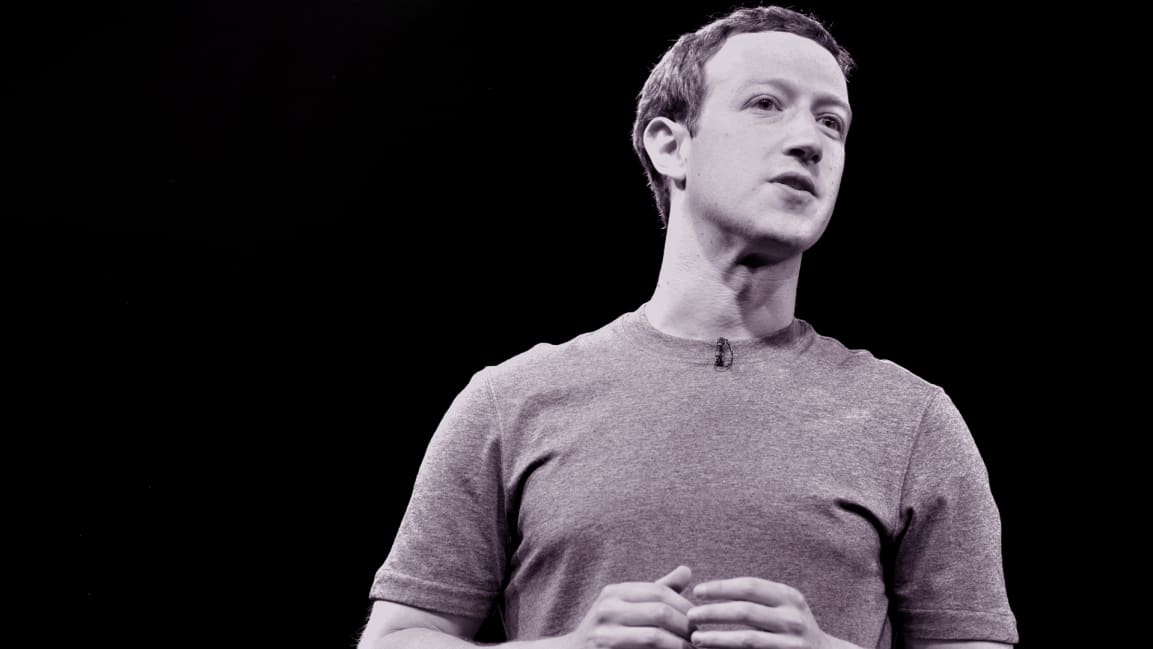Facebook just became the British Petroleum of social networks
After spending the last 15 years encouraging people to share every aspect of their lives online, Mark Zuckerberg said today that Facebook will make sweeping changes to its operations in the years to come, shifting its efforts toward “privacy-focused” platforms.
The shift, Zuckerberg said in a blog post, will mean moving away from today’s open social networks and building spaces where people communicate in small groups, and information they post disappears after a certain amount of time. While the blog post lacked specifics, it was big on broad directives for the company, highlighting principles such as “private interactions,” “encryption,” “safety,” and “secure data storage.”
If you’re skeptical of all this, don’t worry. Zuck feels you:
I understand that many people don’t think Facebook can or would even want to build this kind of privacy-focused platform–because frankly, we don’t currently have a strong reputation for building privacy protective services, and we’ve historically focused on tools for more open sharing. But we’ve repeatedly shown that we can evolve to build the services that people really want, including in private messaging and stories.
At the very least, the missive does appear to mark a definitive end for Facebook’s onetime edict to make it “open and connected.” With privacy at the center of its new mission, Facebook has essentially come 180 degrees from the very ethos upon which it built its lucrative business. In fact, Facebook is following a long corporate tradition of about-face rebranding efforts.
Here are just a few examples that came out of a Slack discussion with my colleagues:
(20)



